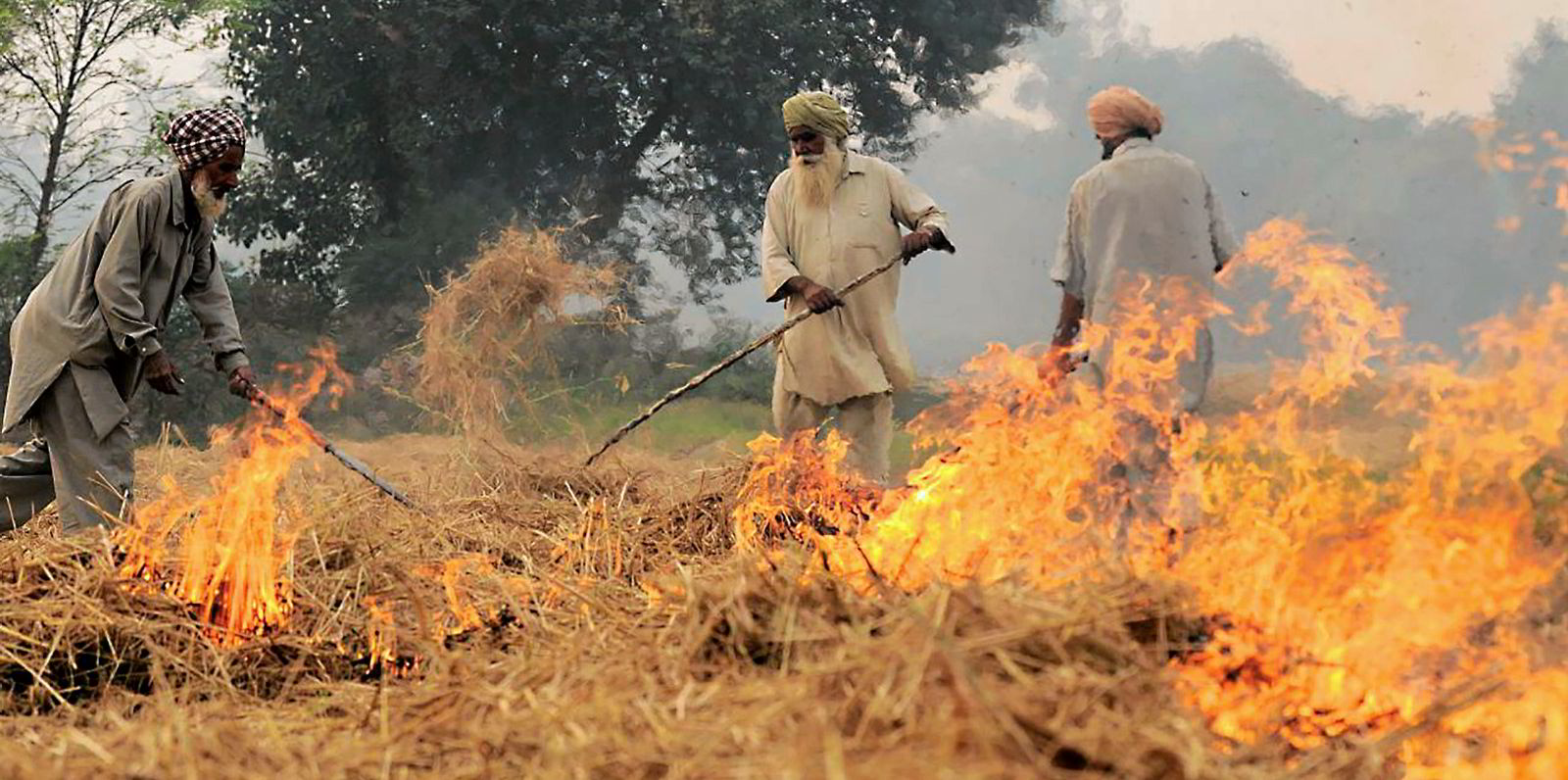When farmers complete their harvest, what is left in the fields is burned to clear the way for the next crop. Globally, this pumps 16.6bn tonnes of CO2 into the atmosphere each year.
Imagine if all that waste were turned into sustainable marine diesel fuel that could be considered carbon negative.
That act of near alchemy could free shipping from the $3.4trn bill for green vessels that Clarksons Research non-executive president Martin Stopford estimates is needed if the industry is to meet the International Maritime Organization’s 2050 carbon targets.
Renewable energy expert Hans-Henning Judek claims that all agricultural waste can be turned into a clean, cheap, sustainable fuel — and has enlisted an as yet unnamed but leading shipping player to help prove it.
The process has been developed by his companies Verde Visions and JE Access, using the technology developed by a Spanish partner
Based in Japan’s second-largest city, Yokohama, Judek began working on the process in 2005 and put a prototype into operation in 2019.

The process converts the waste’s cellulosic biomass by cracking hydrocarbon chains in what he describes as a one-step, highly energy-efficient process to produce renewable, carbon-neutral very low-sulphur fuel oil that can be used in marine diesel engines.
“It is a drop-in fuel,” he told TradeWinds. “There is no need for any changes in the existing fuel infrastructure and engines. Any ship can start burning it immediately. It can even be blended with conventional fossil fuels.”
Judek’s argument is that little thought has been given to the ecological impact down the line in the drive to green the shipping industry.
He claims that while switches to hydrogen, ammonia or methanol are being touted as the solution, they will require large amounts of green electricity to be produced.
“Given the limited availability of green energy, supply will need to be drawn from other industrial portfolios,” he said.
Similarly, biofuels made from vegetable oils will require vast amounts of land clearing for new plantations, as current production levels will not be sufficient.
Producing, storing and transporting these alternative fuels, as well as building and operating the required infrastructure, will add to their carbon footprint.
Judek believes his project ticks all the boxes, because not only does it require far less energy to produce, the CO2 coming out of ships’ stacks can be well balanced at another point of the supply chain to make it carbon-negative.
He cited the 23m tonnes of rice straw incinerated every year in Punjab that produces 34m tonnes of CO2. When converted, it would yield 6m tonnes of fuel oil, which produces 18.9m tonnes of CO2 when burned in an engine.
That amount of CO2 is roughly equal to the benchmark of three tonnes of carbon produced by burning a tonne of regular marine fuel.
Judek’s carbon-negative calculation is based not only on the reduction of emissions from burning agricultural waste — which the US Environmental Protection Agency estimates contributes 10% of annual global carbon emissions — but also on the reduction in the amount of carbon that would have been produced if regular oil-based fuels were used.
He has calculated that to be 15.1m tonnes.
“So where [does] the difference of 15.1m tonnes of CO2 come from? Our process has a side product: bio-bitumen. The CO2 is stored as solid carbon in the bitumen for hundreds of years. It is not only a valuable source of revenue but can potentially even yield carbon credits,” he explained.
Judek has partnered a shipping company he described as an “opinion leader” to test the fuel. A confidentiality clause precludes him from revealing the identity of the shipowner at this stage, but he said it has a large fleet that consumes several million tonnes of fuel each year.
The trial is being held in Morocco, where 500,000 tonnes of olive tree prunings are being turned into 200,000 tonnes of diesel fuel.
“The results have been very good so far. The sulphur content averages out at 0.2% when it comes out the engine, which is 40% of what is required. Desulphurisation technology exists to reduce this further,” he said.
A full announcement about the trial will be made later this year.
This story has been amended to reflect that farming pumps 16.6bn tonnes of CO2 into the atmosphere each year and that technology was developed by a Spanish partner.







